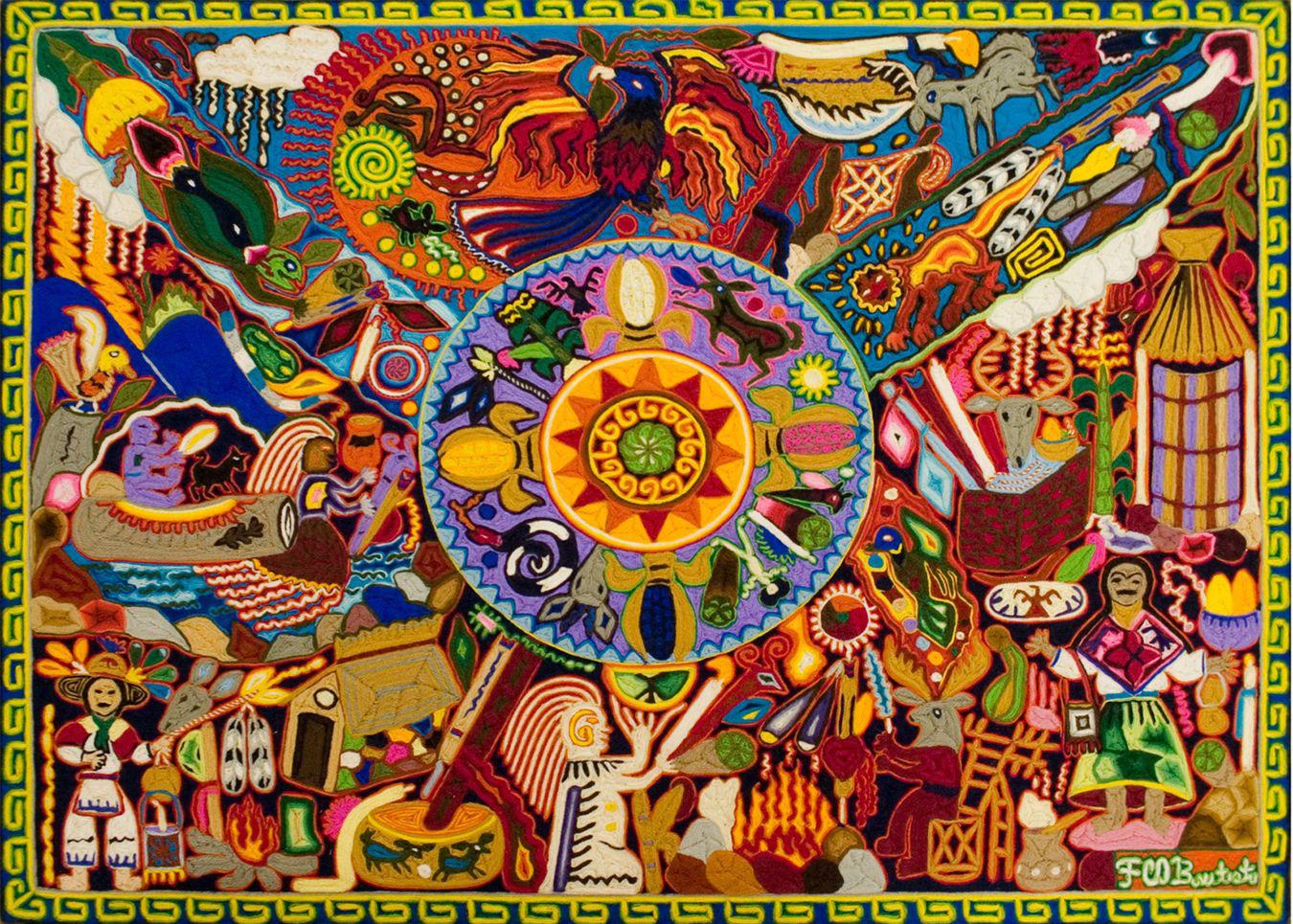
2 minute read
How Did European Squabbles Cause the Near Decimation of American Indigenous people?
Why did the race for land in the Americas greatly worsen the situation for indigenous people? How were they so affected by disputes between people that were foreign to them? The European nations did not remotely co-operate in their conquests of the New World. Instead, they treated the land and its people as a battleground – an opportunity to one up their rivals. This bickering led to vicious competition, and the abuse of local rights leading to near decimation.

Advertisement
The conflicting land claims between powers led to disputes on all plains. The Atlantic Ocean became a looting ground as nations realised that piracy was a more cost-efficient way to obtain New World riches without having to deal with treacherous journeys and locals. In March 1579, Francis Drake captured the Nuestra Senora de la Concepcion, which carried 36 kilograms of gold, a golden crucifix and incredible amounts of precious metals. Many similar clashes occurred. Then, in 1588, the Spanish Armada was defeated, leaving free access for countries like France and Britain to the New World. The French and the English largely benefited from this: they had safe passage to the Americas and enjoyed easy loot. The actions at sea heightened tensions before a European boot had even landed on American shores.
These tensions resulted in difficulties in establishing colonies as conflicts and skirmishes between the nations became more frequent. In 1548, an expedition of 500 colonists to Roanoke Island took place but the colonists were inadequately prepared and disappeared 5 years later. One theory proposes that the Spanish attacked them as they knew the colonists could be a threat to their territory. The competition between these nations impeded the ability of other nations to enter the ‘race’, especially as the Spanish dominion was fiercer and they controlled the vast majorities of the land. More importantly, these rivalries led to European nations treating indigenous people like pawns on a chess board; moved against their will to better establish dominance over competitors. The English, to compete with Spain, enslaved and exploited native Indians: they were viewed as inferior with no claim to the land. In the South, fierce competition between the Spanish and the Portuguese devastated the population. The Treaty of Tordesillas ignored local’s rights, thus the Incas, the Taino, the Aztecs and the Tupis were tangled up in foreign disputes. They were made to work under unbearable conditions in mines to increase obtained profit. The encomienda system also disregarded the native Indians’ rights: they were forced to work until exhaustion to boost output.
The competition between nations highlighted the colonialists despicable ideology. They assumed themselves superior: indigenous peoples are a lesser branch of civilisation that should either be ignored, corrected or destroyed. Respect was not on the table. So, whilst some nations may complain that they drew the short straw in losing the race to Spain, for example, the real losers were the indigenous people of America.


